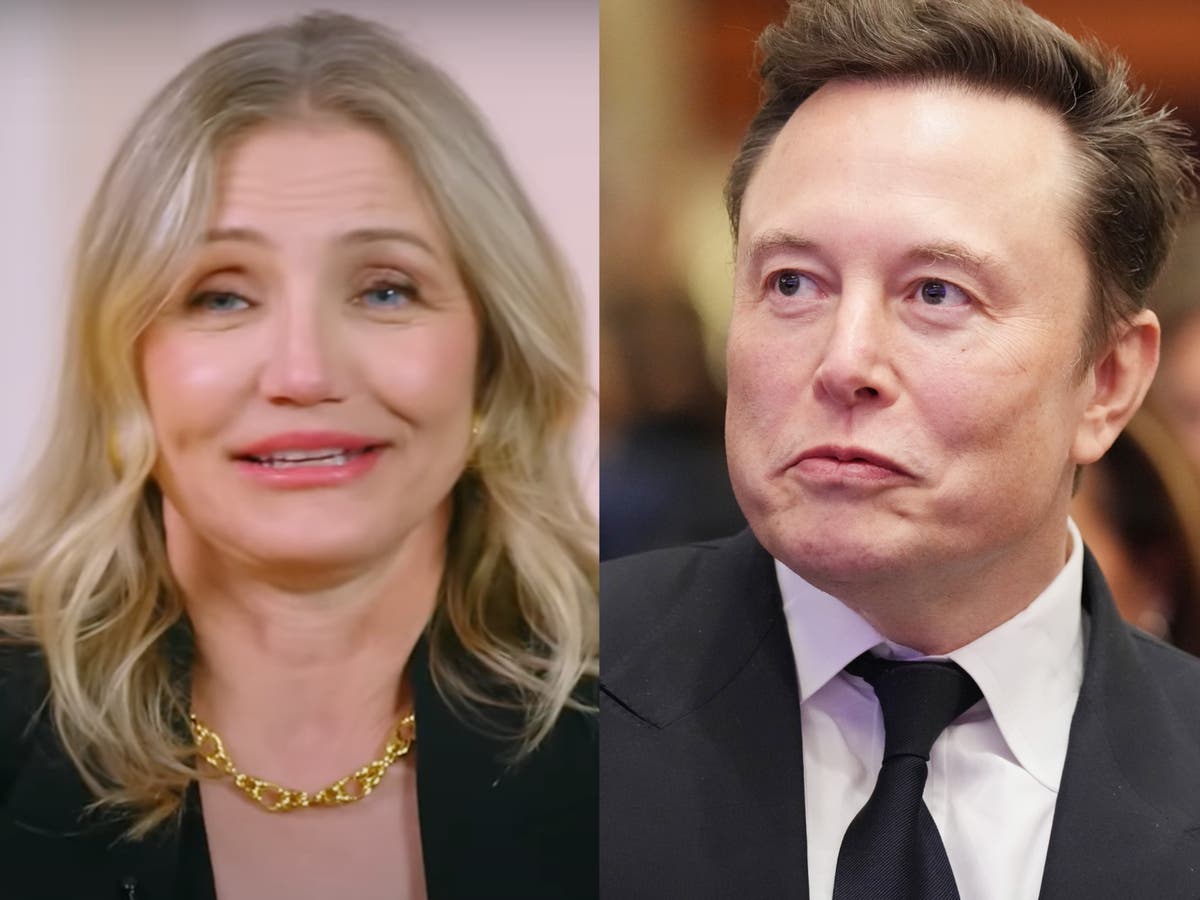The UK should negotiate a new customs union deal with the European Union, Liberal Democrat leader Ed Davey is to say.
In a speech on Thursday, he will argue it is needed to boost Britain’s economy and its ability to deal with the incoming Donald Trump presidency from a position of strength.
A Lib Dem source told the the policy was not a step towards rejoining the EU, but a pragmatic move to “turbocharge” the economy.
Countries in a customs union agree not to impose charges – known as tariffs – or custom checks on each other’s goods but under EU rules they can not strike their own trade deals either.
Prime Minister Sir Keir Starmer has called for a reset in relations with Brussels, but has ruled out rejoining the customs union or the EU’s single market – which guarantees the free movement of goods, capital, services and people within it.
A government spokesperson said the UK wanted “to tackle barriers to help drive investment and growth” but added: “We will not re-open the divisions of the past and there will be no return to the customs union, the single market or freedom of movement.”
Sir Ed’s speech is his first to focus on relations with Brussels since he became Liberal Democrat leader following the 2019 general election, when the party’s campaign to stop Brexit saw it slump to just 11 MPs.
At last year’s general election, the party gained a record 72 seats on the back of a campaign that barely mentioned the EU at all, even though rejoining the bloc remains the party’s long-term aim.
Sir Ed’s call to rejoin the EU customs union is not ideological, party sources say, but about putting the UK in the best possible position to deal with the new Trump administration and the EU.
Trump has threatened to impose tariffs on US imports after he returns to the White House next week, sparking anxiety in many countries that rely on exports.
Sir Ed will attack the government for rejecting a new customs union with the EU, saying it would be the best way to tear down trade barriers and “turbocharge our economy in the medium and long term”.
He will urge ministers to negotiate a deal with the EU this year, with the aim of forming a fresh customs union by 2030, arguing this will allow the UK to “deal with President Trump from a position of strength, not weakness”.
In his speech, the Lib Dem leader will argue the UK needs to be far more ambitious and to act with far more urgency, “not just tinkering around the edges of the botched deal the Conservatives signed four years ago”.
There are no tariffs or other barriers to trade between countries in the EU customs union – which the UK left in January 2021 when Brexit took effect.
But member countries impose common tariffs on all goods entering the union from outside.
Sir Ed is also expected to accuse Conservative leader Kemi Badenoch of wanting to go “cap in hand” to President-elect Trump and “beg for whatever trade deal he’ll give us”.
He is expected to describe Reform UK leader Nigel Farage as “fawning over Trump and licking his boots”, and being “more interested in advancing Trump’s agenda over here than the UK’s interests over there”.
“If we seem as weak or as desperate as the Conservatives or Reform would have us appear, Trump will treat the UK the same way he has treated so many throughout his career”, Sir Ed will argue.
The UK’s trading relationships with its European neighbours, or other partners such as Canada and India, can be strengthened “so much faster”, he will say.
The Conservative Party and Reform UK have been contacted for their response to Sir Ed’s comments.
In a speech she will deliver on Thursday aimed at rebuilding trust in the Conservatives, Badenoch will admit her party made mistakes while in power – including on Europe.
“We announced that we would leave the European Union before we had a plan for growth outside the EU,” she is expected to say.
In the past week, the value of the pound has fallen sharply and the cost of UK government borrowing has risen to decades-high levels.
But ministers were offered some respite on Wednesday when yields on government bonds, also known as gilts, eased after official figures showed an unexpected fall in the inflation rate



